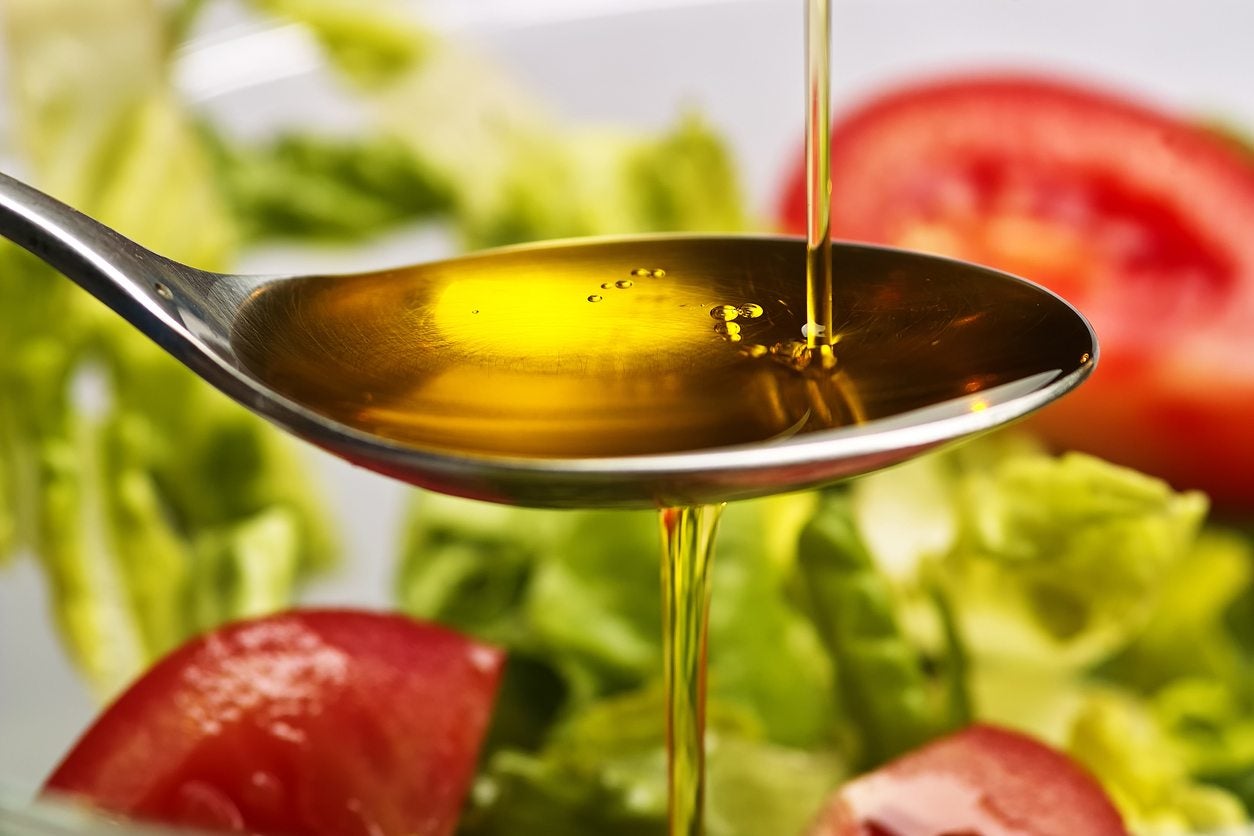Vegetable Oil In Compost Bins: Should You Compost Leftover Cooking Oil

If you don’t have your own compost, chances are good that the city in which you reside has a compost bin service. Composting is big and for good reason, but sometime the rules about what is compostable can be confusing. For instance, can vegetable oil be composted?
Can Vegetable Oil Be Composted?
Think about it, vegetable oil is organic so logically you would assume you could compost leftover cooking oil. This is sort of true. You can compost leftover cooking oil IF it is in very small amounts and IF it is a vegetable oil such as corn oil, olive oil, sunflower oil, or rapeseed oil. Adding too much vegetable oil to compost slows down the composting process. Excess oil forms water resistant barriers around other materials, thereby reducing air flow and displacing water, which is necessary to aerobic composting. The result is a pile that becomes anaerobic, and you will know it! The stinky smell of rotten food will repel you but send out a welcoming aroma to every rat, skunk, opossum, and raccoon in the neighborhood. So, when adding vegetable oil to compost, only add small amounts. For example, it’s okay to add the paper towels that soaked up some grease, but you don’t want to dump the contents of the Fry Daddy into the compost heap. When composting vegetable oil, make sure your compost is hot, between 120 and 150 degrees F. (49-66 C.) and stirred around on a regular basis. If you pay for a composting service in your city, the same rules may apply, that is a few oil-soaked paper towels are okay but be sure to check with your provider first. Any large amounts of vegetable oil in compost bins would, I’m sure, be frowned upon. For one thing, vegetable oil in compost bins would be a mess, smell, and, again, attract vermin, bees, and flies. If you don’t even want to try composting vegetable oil in very small amounts, don’t rinse it down the drain! This can cause a clog and backup. Put it into a sealed plastic or metal container and dispose of it in the trash. If you have a large quantity, you can reuse it or if it’s gone rancid and you must dispose of it, contact your local government or Earth911 to find facilities that will recycle it for you.
Sign up for the Gardening Know How newsletter today and receive a free copy of our e-book "How to Grow Delicious Tomatoes".

Amy Grant has been gardening for 30 years and writing for 15. A professional chef and caterer, Amy's area of expertise is culinary gardening.
